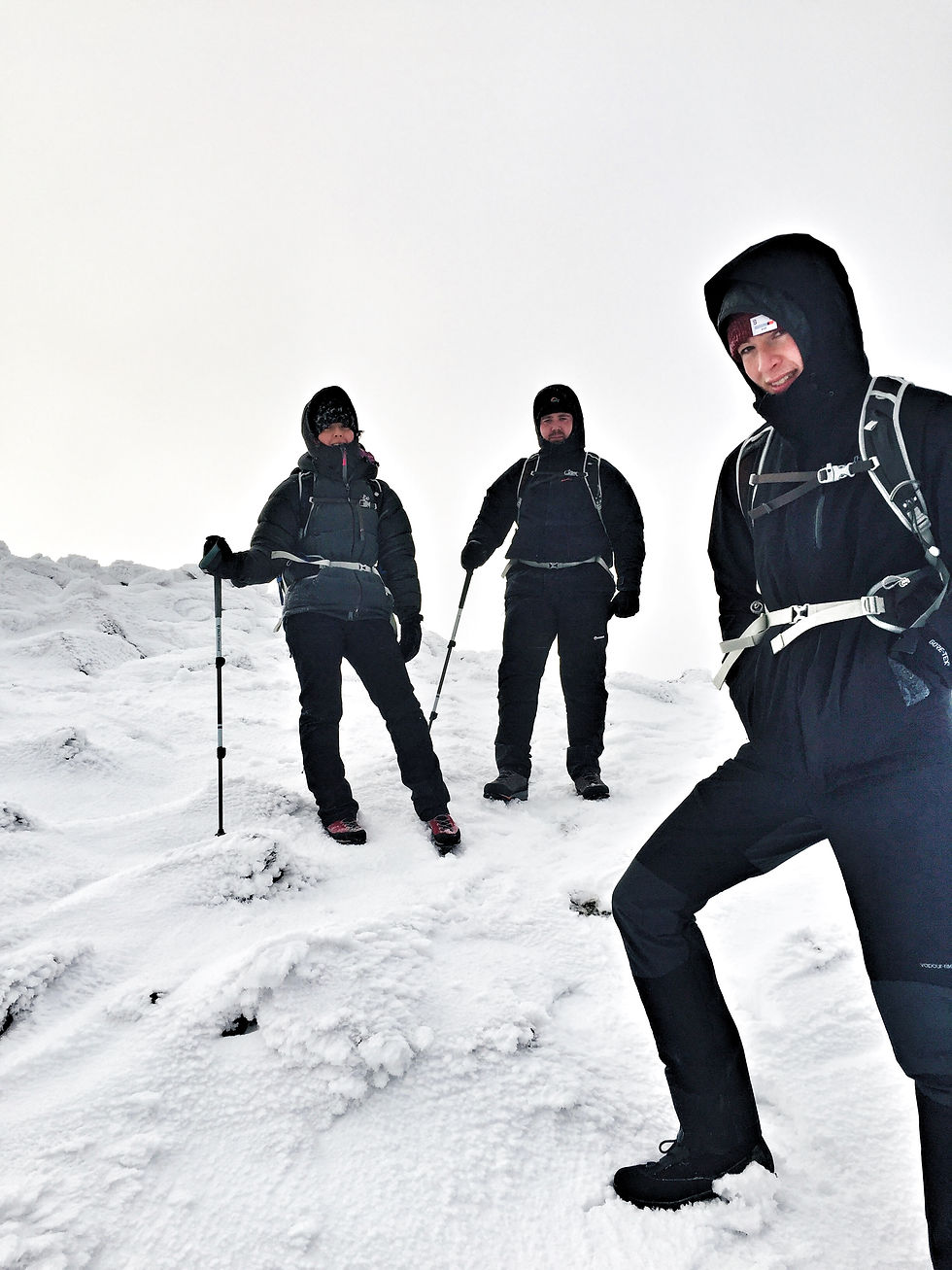Mental Fitness - Why It Matters and How We Build It
- wilsonr345
- May 26, 2025
- 2 min read
Mental Fitness - Why It Matters & How We Build It

At Constantiam, we often talk about performance, leadership, and consistency. But
beneath all that lies something essential, mental fitness. It’s a term we use deliberately,
because it shifts the conversation away from stigma and towards strength, growth, and
daily discipline.
You may have come across Mental Health First Aid (MHFA). It’s a valuable initiative,
focused on recognising and responding to signs of mental illness. But for many of us,
the phrase mental health brings confusion. It’s often tangled up with the idea of mental
illness, and as a result, it can feel like something only relevant in times of crisis.
That’s why we prefer to talk about mental fitness.
Just as physical fitness is something everyone has and can improve. Mental fitness is about our day-to-day capacity to think clearly, act decisively, connect meaningfully, and recover from pressure or setback. It’s not about perfection. It’s about preparation and
practice.
We don’t build physical strength by waiting for injury. We train it, deliberately. Mental
fitness should be no different.
At Constantiam, we see this as a leadership responsibility and a team priority. When we
build mental fitness, we create the conditions for people to perform at their best,
especially when times are tough. It’s not a luxury or an afterthought. It’s a foundation.
Mental fitness is also about community. It’s about being part of something bigger than
yourself. That might be a family, a team, a peer group, or a workplace culture. Strong
communities look out for each other. They ask questions. They listen without rushing to
fix. They celebrate progress, even the quiet kind. They know that adversity isn’t
something to avoid but something to prepare for.
Here are a few daily practices we encourage within the teams and organisations we
work with:
• Check in, not just check-up – Create space for honest, human conversations.
• Movement and recovery – Build routines that include rest, reflection, and
physical activity.
• Practice awareness – Notice your inner state, your energy levels, and your
reactions. They’re data.
• Name the positives – Gratitude and recognition are small but powerful mood
shifters.
• Build rhythms, not rescues – Don’t wait for burnout. Embed sustainable ways
of working from the start.
Mental fitness isn’t about pretending everything’s okay. It’s about building the resilience and mindset to face what’s not and still move forward with purpose.
At Constantiam, we believe that consistency breeds accuracy. And when it comes to
mental fitness, it also builds endurance, adaptability, and deeper connection.
Want to explore how mental fitness can be integrated into your leadership, team
culture, or organisation?
We work with individuals and teams to build habits, systems, and environments that
support human performance and resilience, through both challenge and change.
Let’s start a conversation.



Comments